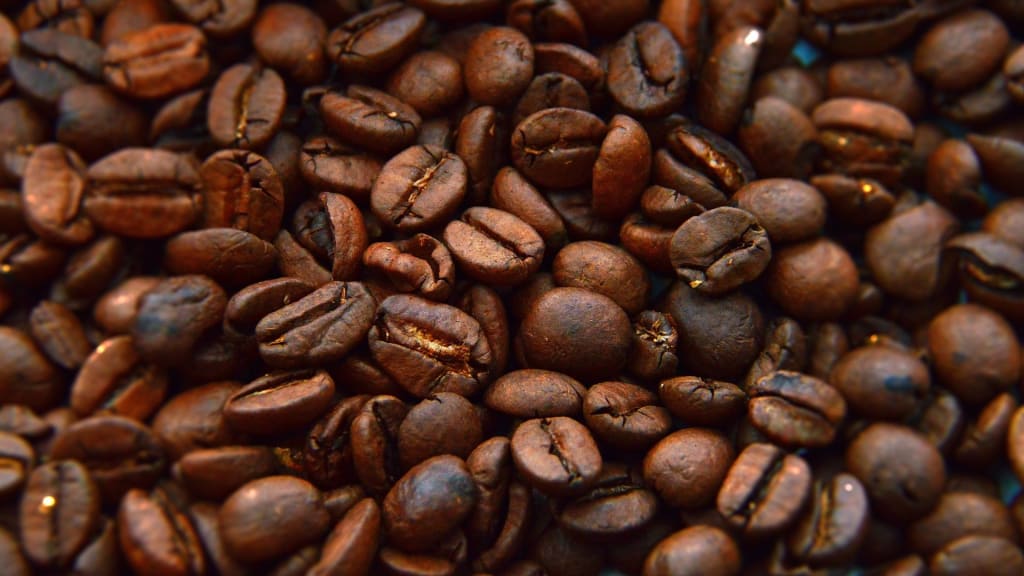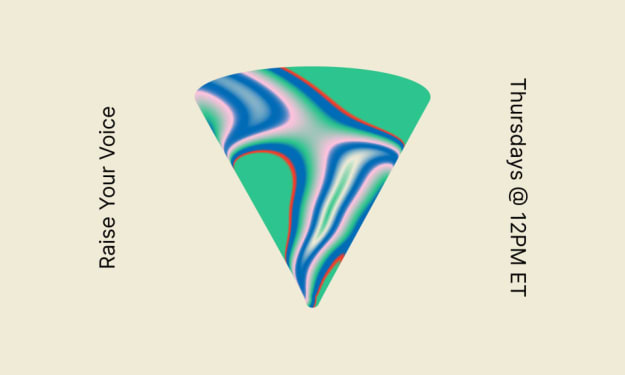Caffeine Unveiled
Separating Fact from Fiction

Caffeine, that beloved pick-me-up found in our morning cup of coffee or energizing tea, has long been a subject of myths and misconceptions. Let's dive into the truth behind some of the most common claims about caffeine and debunk the fiction that often clouds our understanding.
Myth 1: Caffeine is Bad for You
This one deserves a reality check. The notion that caffeine is universally harmful has been dispelled by scientific research. In moderation, caffeine poses minimal risk and can even offer health benefits. Contrary to concerns about osteoporosis, the amounts of caffeine typically consumed daily are far from the levels required to trigger such effects. In fact, caffeine has shown potential in reducing the risk of various cancers and inflammatory conditions.
Myth 2: Caffeine Will Make Up for Lost Sleep
The allure of caffeine as a remedy for sleep deprivation is a myth we've all clung to at some point. Unfortunately, caffeine cannot substitute for proper restorative sleep. While it may temporarily boost alertness, it doesn't actually replenish the energy that only quality sleep can provide. Attempting to replace sleep with caffeine can disrupt sleep patterns and lead to diminished sleep quality over time.
Myth 3: Decaf Coffee Doesn't Have Caffeine
Time to set the record straight: decaf doesn't mean caffeine-free. The decaffeination process does reduce caffeine content, but it doesn't eliminate it entirely. Formal recommendations suggest that decaffeinated coffee should contain about 95% less caffeine than regular coffee. However, variations can occur from cup to cup, so don't be surprised if you still get a little buzz from your decaf.
Myth 4: Caffeine Can Detox Your Body
The idea of caffeine detoxifying your body is more fiction than fact. Detoxification is a complex process involving various organs, and there's no quick fix or magic elixir. Caffeine enemas or excessive consumption in the name of detoxification are not only unsupported by evidence but also potentially harmful. The body's natural detox mechanisms are designed to handle waste without the need for extreme measures.
Myth 5: Caffeine Dehydrates You
While caffeine is a mild diuretic, the notion that it leads to significant dehydration is a bit overblown. The diuretic effect is modest, and caffeine-containing beverages also contribute to your overall fluid intake. Thirst and dehydration are more likely influenced by other factors, such as additives or individual hydration needs.
Myth 6: Caffeine is Addictive
Is your caffeine habit an addiction? Not quite. While caffeine can lead to physical dependence, it's not as severe as a true addiction. Going cold turkey might lead to temporary discomfort, but it won't induce withdrawal symptoms on par with addictive substances. For most people, caffeine consumption remains a manageable and enjoyable habit.
Myth 7: Drinking Coffee Stunts Your Growth
Pour yourself another cup without fear – coffee won't stunt your growth. The growth spurts that occur during childhood and adolescence are influenced by genetics, nutrition, and overall health, not caffeine consumption. Teenagers' caffeine intake is far from the levels associated with potential bone growth concerns.
Myth 8: Tea is Healthier Than Coffee
The age-old debate between tea and coffee health benefits rages on, but the verdict isn't so clear-cut. Both beverages offer antioxidants and potential health advantages. The key lies in moderation and overall diet. It's unwise to label one as definitively healthier than the other, especially if additives like sugar tip the scales.
Myth 9: Caffeine Messes With Your Heart Rhythm
Rest easy – caffeine's impact on heart rhythm is often exaggerated. Studies indicate that moderate caffeine intake doesn't significantly increase the risk of arrhythmias. Occasional palpitations or increased heart rate after caffeine consumption are usually short-lived and not a cause for major concern, especially for habitual consumers.
Caffeine, a beloved companion in many cultures, offers a treasure trove of pleasures and potential benefits. While some myths may have fueled unfounded fears, a nuanced understanding of caffeine's effects empowers us to enjoy our favorite beverages responsibly and without undue worry. Remember, moderation, and awareness are the keys to savoring the joys of caffeine while staying mindful of our health and well-being.





Comments (1)
I gave up chocolate, carbonated and caffeinated beverages and pizza when I was about 12 at an after school meeting for a large group of students. I think we did it for religion, but kind of unsure of the reasoning, having it been so long ago. Pizza lasted a week, the others have lasted over 30+ years. You may also be interested in the following: https://vocal.media/feast/life-lessons-i-ve-learned-from-my-garden Thanks for sharing.